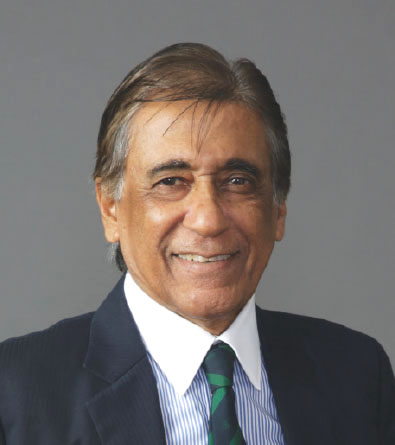
When I witness my UK-based nephews dismantle a 450 cc Harley-Davidson motor-cycle and put it back together in a jiffy, and finish household plumbing and repair jobs using sophisticated electric tools, I so regret my own education in an upscale boarding school in India where vocational education was conspicuously missing from the curriculum. Presumably, school children of this day and age are more self-reliant and invested in technology — especially new digital gadgets. However it’s very doubtful if formal vocational education in a useful trade — carpentry, electrical, plumbing, gardening etc — is provided with serious intent in India’s 1.5 million schools and 45,000 colleges.
As a result, the average Indian adult is useless in the matter of repairing minor equipment (electricity, kitchen appliances, motor-car and white goods) at home or in workplaces. The plain truth is that a mere 4 percent of India’s 560 million workforce is formally skilled. The overwhelming majority of our technicians and blue-collar workers are informally trained professionals with antiquated knowledge and tools handed down from one generation to the next. That’s why across the country, bridges are falling, highways are potholed, railway accidents are frequent and the quality of manufactures is poor, making them uncompetitive in global markets.
The heavy cost of neglecting public education in general and skills or vocational education in particular in the post-independence decades has impacted the country with stunning force in the new age of automation, new digital technologies and artificial intelligence. Suddenly there is the prospect of even well-educated individuals experiencing redundancy, obsolescence and career stagnation, if not unemployment. Therefore, as discussed in our cover story in this issue, belated skilling, reskilling and upskilling fever is raging across the country, manifesting as much in executive suites as in college campuses.
Yet it’s a moot point whether skills education can be provided on a mass scale to a 560 million-strong workforce in quick time. As propounded in our Special Report feature on the Union Budget 2024-25 presented to the nation on July 23, a strong foundation of quality early years and primary public education is a necessary prerequisite of acceptable quality vocational education and training (VET). But unfortunately making adequate provision for public education has been a blindspot of governments, policy formulators and the establishment for several decades.
Some eminent economists and pundits believe that overhauling India’s obsolete education system will take years. Yet we provide a solution to raise adequate resources to modernise the country’s outmoded education system. In our special report, we present a schema to raise almost Rs.8 lakh crore which is 5x of the Centre’s provision for education in Budget 2024-25. For details, read our second lead feature in this new ideas-packed issue.
Happy Independence Day!
